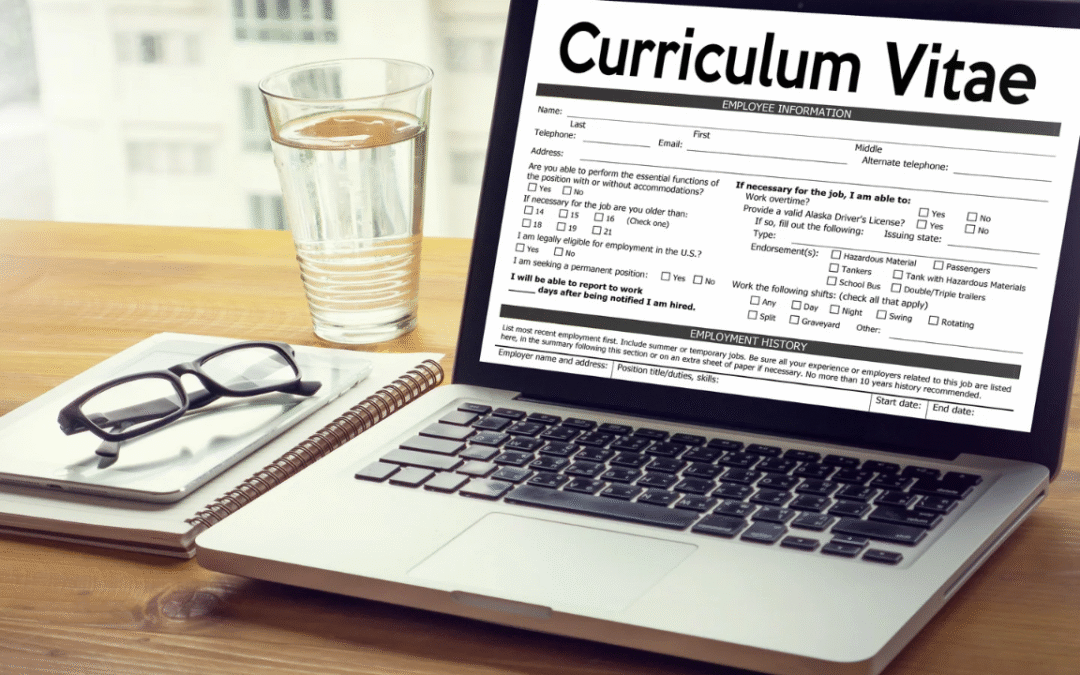You’ve gotten the job lead. The scholarship link is open. You’re finally ready to japa. But then comes a small document that can ruin everything if not done right:
Your CV
Writing a CV for international opportunities isn’t the same as writing for Nigerian companies. What works for that Lagos office or Abuja firm won’t fly in Canada, Germany, the UK, or Australia — because recruiters and visa officers abroad think differently.
So, if you’re planning to apply for work, school, or migration, here’s how to write a CV that wins globally.
Why Your CV Matters More Than You Think
Your CV is more than just paper. It’s your first impression. And in many cases — it’s the only thing they’ll read before deciding:
- Whether to call you
- Whether to give you a visa
- Whether to shortlist you for that dream job or scholarship
It’s not just about what you’ve done — it’s how you present it. And when you’re applying from Nigeria, your CV needs to overcome bias, skepticism, and tight competition.
Nigerian vs. International CV Standards
Nigerian CVs often include personal details like your age, gender, marital status, religion, or state of origin — but these are not required and often discouraged in international CVs.
For global job or visa applications, your CV should be clean, professional, and focused on skills and results. Avoid including unnecessary personal data. Stick to name, email, phone number (with +234), and a professional LinkedIn URL.
Avoid long paragraphs and vague job roles. Instead, use bullet points that highlight what you achieved and how it benefited your team or organization.
How to Structure Your CV for International Applications
1. Contact Information
Only include:
- Full name
- Phone number with country code (+234…)
- Professional email
- LinkedIn profile or online portfolio
2. Personal/Professional Summary
Write a compelling 3–5 line summary about who you are, your area of expertise, and what you’re seeking. Focus on your strongest value.
Example:
“Registered nurse with 6+ years of experience in emergency care and pediatric nursing. Passionate about delivering compassionate care, training junior staff, and working in multicultural teams. Actively seeking opportunities to grow in global healthcare systems.”
3. Key Skills
List skills relevant to the job you’re applying for. This could include:
- Health documentation
- JavaScript and Python
- Inventory management
- Excel and Google Sheets
- Multilingual communication
- Cross-cultural collaboration
Avoid overused terms like “team player” or “go-getter” unless backed by results.
4. Work Experience
Use a reverse-chronological format (most recent first).
For each role, include:
- Job Title
- Company/Organization
- City and Country
- Dates (Month/Year to Month/Year)
- 3–5 bullet points explaining your key responsibilities and achievements, starting each with a strong action verb. Use numbers or results where possible.
Example:
“Coordinated outpatient services for over 50 patients weekly, reducing wait time by 30%.”
“Led a 4-person content team and published 80+ articles across international websites.”
5. Education
List your degrees or qualifications in order from most recent. Include:
- Degree/Certification
- Institution
- Dates
- Optional: relevant coursework or honors
6. Certifications & Licenses
Especially relevant if you’re in healthcare, tech, or engineering. Include things like:
- IELTS, TOEFL
- PMP, AWS, Google Analytics
- Nursing licenses or technical diplomas
7. Volunteer Experience (if any)
International organizations love seeing community involvement and volunteer spirit. Be honest. Even church-based or remote volunteering counts if it’s relevant.
8. Languages
If you speak more than one language, this adds extra value, especially for roles in Europe or multicultural environments.
Mistakes to Avoid
- Including personal details that are irrelevant (tribe, religion, marital status)
- Using Nigerian academic terms like “Second Class Upper” — translate it to GPA if possible or explain the equivalent
- Using abbreviations like “NYSC corper” without context
- Copy-pasting job responsibilities without personal achievements
- Listing your WAEC or primary school (skip it unless it’s your highest qualification)
- Overloading your CV with pages — keep it 1–2 pages max
What About ATS?
Many foreign companies use Applicant Tracking Systems (ATS) to scan CVs before a human even sees it. Here’s how to beat the bots:
- Use simple formatting (no fancy fonts or tables)
- Stick to common fonts like Arial, Calibri, or Times New Roman
- Include relevant keywords from the job description
- Submit as a PDF unless instructed otherwise
If You’re Using Your CV for Visa or PR
Your CV must match the details in your reference letters, proof of employment, and statement of purpose. Any inconsistency can cause suspicion and rejection.
Summary of What Your CV Must Do
- Present a global standard of professionalism
- Showcase results, not just roles
- Be clear, honest, and relevant
- Align with the visa or job pathway you’re applying for
- Tell your story in a confident but concise way
Need Help Getting It Right?
At Loyalty Travels and Logistics Ltd, we help you:
- Rewrite your CV to fit global expectations
- Format it correctly for jobs, schools, and embassies
- Tailor your documents for Canada, UK, Germany, Australia, and more
- Prepare other supporting documents like motivation letters and visa SOPs
Your CV is your passport to opportunity. Don’t let poor formatting or wrong details stop your japa dream.
Let Loyalty Travels guide you — with experience, precision, and care.
Contact us today and let’s start your journey.
#Japa2025 #LoyaltyTravelsAndLogistics #WorkAbroad #StudyAbroad #CVForCanada #CVHelp #NigeriansInDiaspora #VisaTips #GlobalCV #CareerGoalsAbroad

